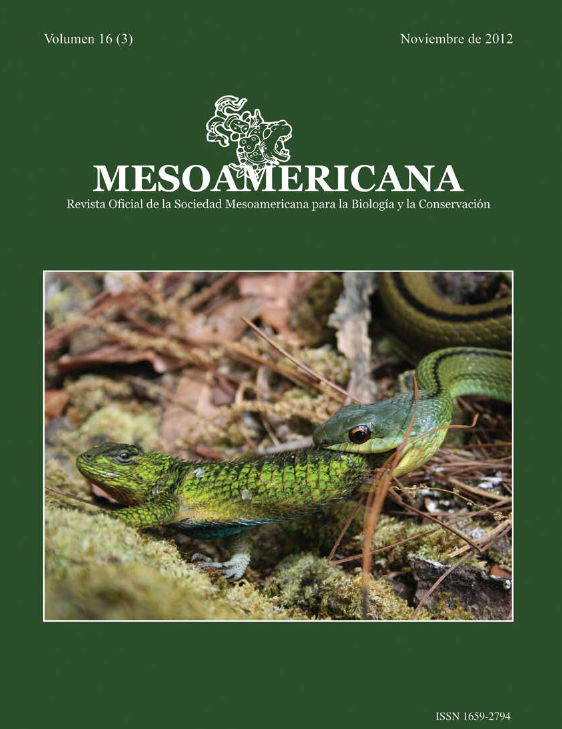

The main problem of the shark fishery in the Gulf of Mexico is the lack of reliable statistical data on catches by species. This situation difficult the obtention of maximum yields, optimal effort units and effective population size with the use traditional models. Due to this, the objective was to detect the shark species most susceptible to overexploitation by means of multi-species analysis in order to identify Priority Areas for Research and Conservation (PARC). The biological fragility index that was used consists of life-history characteristics that define the elasmobranchs as K strategists. The selection of PARC was performed using analysis of complementarity and discrepancies. Vulnerable species to intense fishing regimes were Carcharhinus acronotus, Carcharhinus falciformis, Carcharhinus obscurus, Negaprion brevirostris and Rhizoprionodon terraenovae. The main areas to be considered for conservation are Bahía Ascensión and Espíritu Santo, Quintana Roo, Mexico. Comparing the PARC with Protected Natural Areas and fishing refuges of the NOM-029-PESC- 2006, both coincided 88.89% and 44.44%, respectively. Carcharhinus longimanus, Carcharhinus perezi, Carcharhinus signatus, Galeocerdo cuvier, Ginglymostoma cirratum, Mustelus canis, Squalus asper and Squalus cubensis were not considered in this work by the lack of regional data.